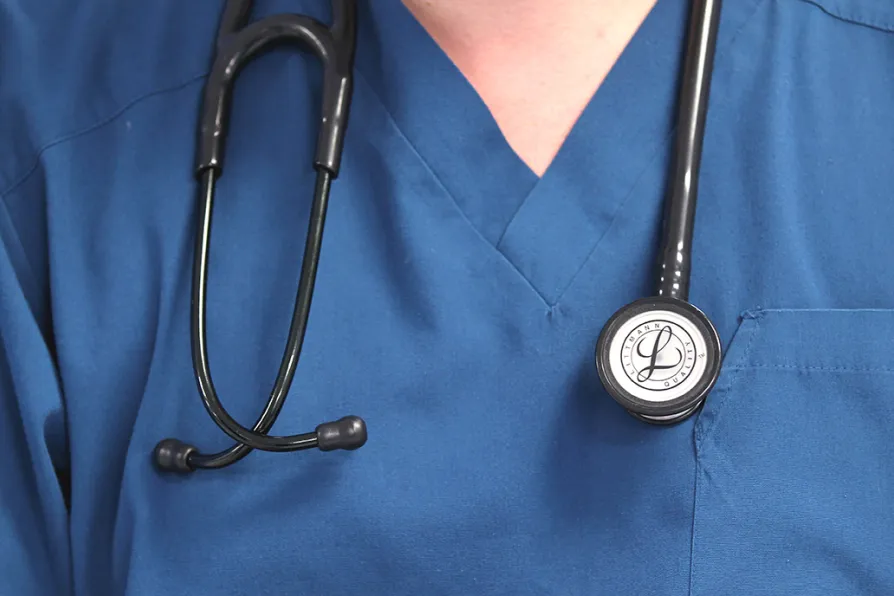Over 80,000 cases of unwanted sexual behaviour towards NHS staff last year

 A doctor holding a stethoscope
A doctor holding a stethoscope
MORE than 80,000 cases of unwanted sexual behaviour towards NHS staff took place last year.
The NHS Staff Survey for England, published today, asked workers, for the first time ever, if they had been the target of unwanted sexual behaviour in the previous 12 months.
Of the 675,140 NHS staff that responded 8.67 per cent, or more than 58,000, said they had experienced sexual harassment from patients, their relatives or other members of the public.
Similar stories

RCN warns nurses are leaving the NHS due to shocking levels of racist abuse and understaffing













